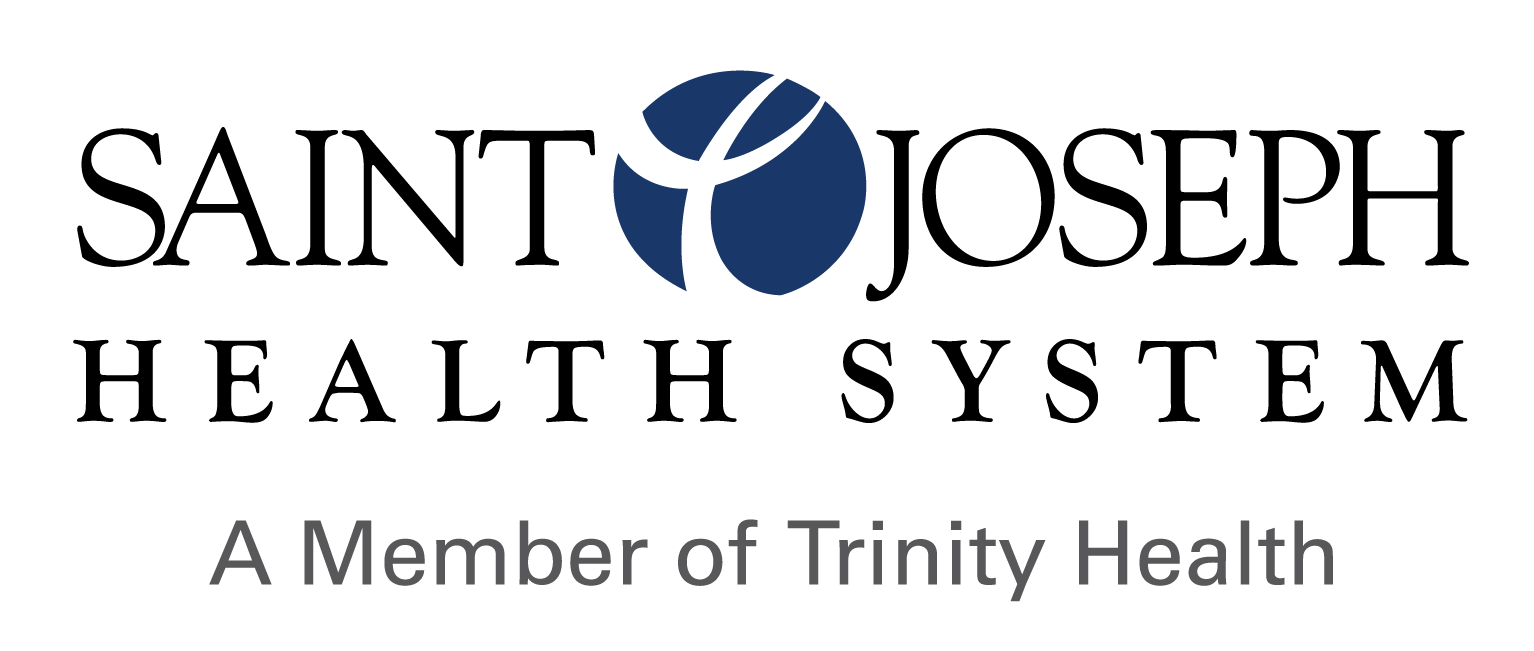Vascular Care
What Is Vascular Care?
If you or a loved one have been diagnosed with a new vascular condition or would like support managing an existing vascular condition, Saint Joseph Health System’s vascular care team can help. The experts at SJHS vascular care are dedicated to diagnosing and treating conditions that affect your circulatory system, which includes your arteries and veins. The experts at SJHS work with you to make sure you understand your condition and your treatment plan, and what you can do to help improve your vascular health.
Vascular Care 101
 Vascular health refers to the health of the vessels in your body’s circulatory system, which includes your arteries and veins. Except for the blood vessels in your lungs, your arteries deliver oxygen and essential nutrients to body cells, and your veins remove carbon dioxide and waste materials, delivering them for processing by your kidneys and lungs.
Vascular health refers to the health of the vessels in your body’s circulatory system, which includes your arteries and veins. Except for the blood vessels in your lungs, your arteries deliver oxygen and essential nutrients to body cells, and your veins remove carbon dioxide and waste materials, delivering them for processing by your kidneys and lungs.
You can take steps to support your vascular health and keep your arteries and veins functioning as efficiently as possible. One of the most vital actions is to avoid smoking cigarettes. If you have never smoked, don’t start. If you smoke cigarettes, stopping now can help support the health of your vessels and keep them working well. You can also support your vascular health by increasing physical activities like walking and avoiding sedentary activities in which blood pools at your feet. Our vascular health experts can also give tips about eating a healthy diet that supports your vascular health.
Vascular Conditions and Treatments
Vascular conditions are divided into two categories, depending on the type of vessel that they affect. Examples of arterial conditions include abdominal aortic aneurysms, aortic dissections, arteriovenous fistulas, vasculitis, and peripheral vascular disease, among many others. Examples of venous conditions include blood clots, such as deep vein thrombosis (DVT), pelvic venous congestion syndrome, thoracic outlet syndrome, varicose veins, venous insufficiency, venous ulcers, and venous stasis.
When treating a vascular condition, our vascular specialists work with you to determine how a given management plan will fit your lifestyle and how to best help you achieve your health goals. To help create a treatment plan, we may suggest ultrasounds, CT scans, or MRIs. These imaging tests can give us the most information possible to guide management. Our vascular treatment methods include innovative solutions, such as minimally invasive transcarotid artery revascularization (TCAR) and hybrid catheterization for abdominal aortic aneurysms (AAA).
Frequently Asked Questions (FAQ)
Do I need a referral?
Yes, we require a referral. This enables timely and informed visits because we can review your past medical history and any pertinent imaging before you are even scheduled. If any new information is needed, we can obtain it before your visit. This helps reduce the number of office visits.
Why do I need imaging?
Imaging, such as ultrasounds, CT scans, or MRIs, can help us determine your course of treatment. We monitor not only new but also existing patients. Our providers follow the most up-to-date guidelines for the treatment of vascular conditions, and many of these guidelines include imaging parameters.
How to Learn More About Vascular Health
Vascular conditions can greatly affect your quality of life. Luckily, you can control many of the risk factors that lead to vascular disease. When you partner with SJHS vascular experts, we can help you manage your vascular health and keep you living well. To learn more, contact us today.

